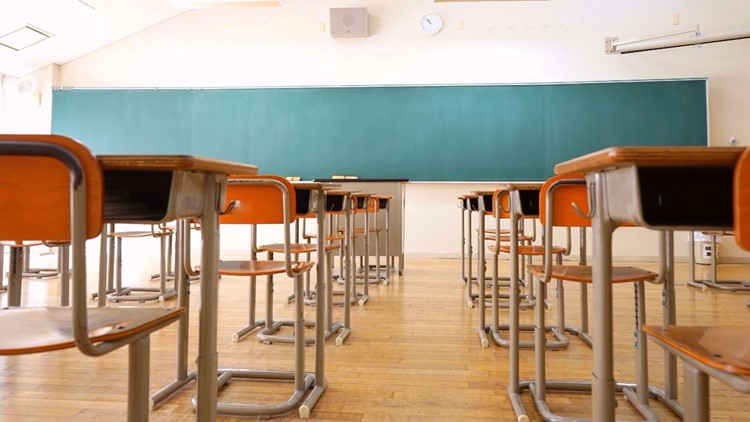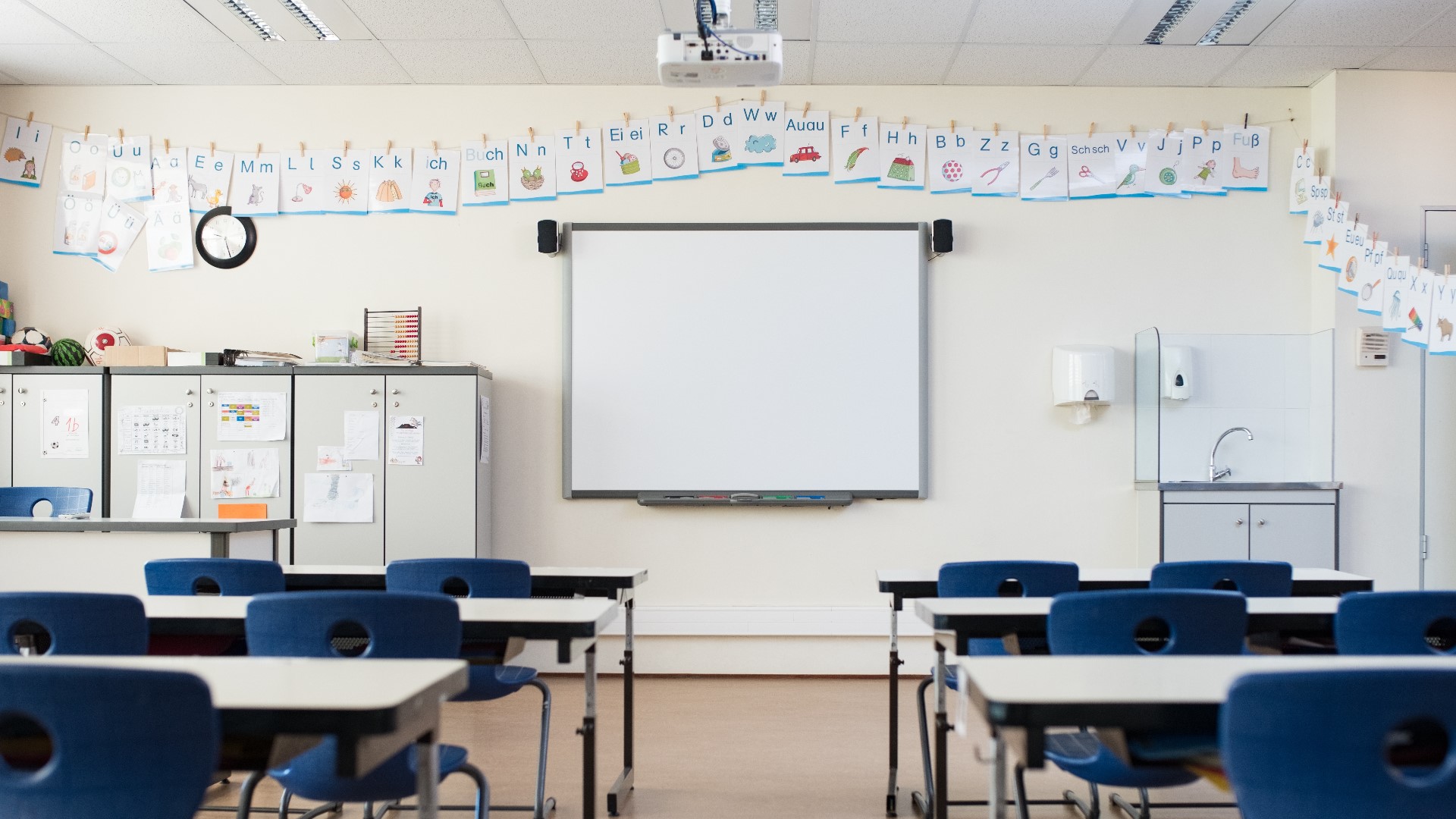ATLANTA — A group of Georgia Senators filed legislation to amend school safety laws and regulations in private and public schools.
Billed as the “Keeping Georgia’s Schools Safe Act”, Senate Bill 15 went to a public safety committee meeting Monday.
The bill originally included both private and public schools, but it was revealed Monday, the legislation would focus only on public schools.
SB15 hopes to do several things, including requiring public schools to prepare a safety plan, require drills based off those plans, require an officer or agent in charge of the Georgia Information Sharing and Analysis center to establish a task force “within the center relating to preventing, discovering, responding to, and recovering from threats, warnings, and developing situations regarding any public or private school.” The bill would also allow for the creation, training and certifying of people to act as school safety coaches.
But, there’s been a bit of back-and-forth over the language of the bill, such as the creation of student profiles and school safety coaches.
SB15, as it is written now, allows the creation of a task force to create “student profiles from school records and records of the Department of Human Services and law enforcement agencies for the purpose of evaluating potential threats to public and private schools.”
Essentially, the bill allows the task force to create profiles on the students for analyzing and preventing possible threats.
During the Public Safety Committee Meeting, Jane Robins, with Concerned Women of America, said it’s important to balance security concerns with student privacy and rights.
“Algorithms are not some objective entity out there that are God-like, telling us what’s what. An algorithm is created by a human being and an algorithm has that human beings’ prejudices and thoughts and backgrounds in it,” Robins said.
Robins added data collected for possible student profiles could track a child forever and come back to haunt them later in life.
“Do we want our children flagged by the government based on an algorithm that we don’t even know who created the algorithm or what factors goes into it?” Robins asked. “Would we want ... to zero in on a child that had a rough 6th grade and got suspended, or maybe because he falls into the wrong demographic group?”
Senate Public Safety Committee Chairman, Sen. John Albers, who is also the lead sponsor of the bill, clarified, saying the profile created would focus on risk factors only.
“The goal is to look at a student who is normally at school every day, all of a sudden grossly absent and, with that, are they all of a sudden getting in trouble, and, with that, is DFACS all of a sudden going out to their house, and, with that, is someone watching their social media and they are threatening suicide or perhaps to harm themselves,” he asked.
Albers continued, saying the profiles would make sure students with multiple risk factors would not be a harm to others or themselves.
Sen. Tonya Anderson asked Robin how to keep the profiles or algorithms from potentially targeting students based on religion, political view, race or ethnicity.
Robins suggested limiting the language of the bill.
“It’s important to draft the language very carefully, so it does focus on those kinds of kids suddenly having problems, or students having all kinds of obvious problems," Robins said. "Any system that allows just all students records to be run through, I think is problematic.”
Polly McKinney, with Voices for Children, said their organization also wanted to highlight the term “potential threat” as is written in the bill. McKinney said the term is not well-defined, especially when it comes to children with mental illness or autism.
“A lot of kids with autism end up with disciplinary actions against them, because their behavior is atypical with what people expect,” she explained.
McKinney also wanted to make sure there was some type of mental health resource for children and their families, should the profiles be created and reveal students with risk factors.
As for the training of school safety coaches, McKinney requested the language be written to require additional training on implicit bias, cultural awareness and mental health.
Albers was clear that Monday’s meeting was a hearing only for SB15 and nothing was finalized. The bill will be taken up again on Wednesday.



